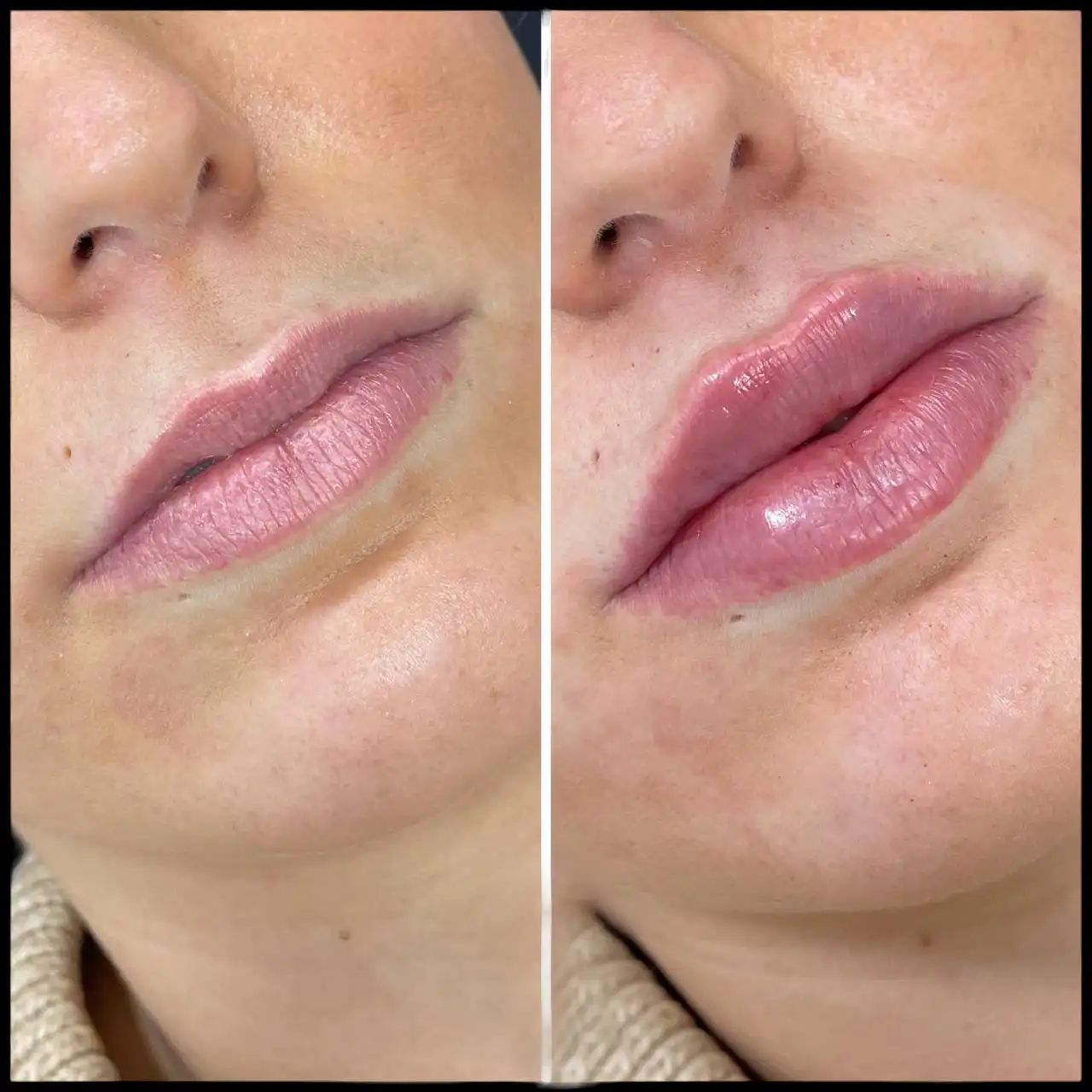In the quest to ensure our children grow up healthy and strong, it’s crucial to focus on their immune system, which is their body’s primary defense against illnesses and infections. While there are various ways to support their immunity, two fundamental factors that often get overlooked are sleep and exercise. Let’s delve into how these elements can play a pivotal role in enhancing your child’s immune system.
The Power of Sleep
Sleep is one of the most effective immune booster for kids. During sleep, the body undergoes critical repair and maintenance processes that are essential for overall health and immune function. Here’s how quality sleep contributes to a stronger immune system:
-
Restores Energy:
Sleep is the body’s natural way of restoring energy. For children, who are growing and developing rapidly, adequate rest is crucial. When a child gets enough sleep, their body has the energy required to fight off infections and illnesses more effectively.
-
Enhances Immune Response:
Sleep impacts the production of cytokines, which are proteins that help regulate immune responses. Adequate sleep boosts the production of these cytokines, enhancing the body’s ability to respond to infections. Conversely, lack of sleep can reduce the production of these vital proteins, making your child more susceptible to illnesses.
-
Supports Growth and Repair:
Growth hormone, which is essential for growth and repair, is released during deep sleep. This hormone not only supports physical development but also plays a role in maintaining a healthy immune system. Ensuring your child gets enough deep sleep can therefore bolster their immunity.
-
Balances Stress Hormones:
Chronic sleep deprivation can lead to elevated levels of stress hormones like cortisol, which can suppress immune function. By promoting healthy sleep patterns, you help keep stress hormones in check and support overall immune health.
The Benefits of Regular Exercise
Exercise is another key factor in boosting your child’s immune system. Engaging in regular physical activity provides numerous benefits that directly impact immune health:
-
Improves Circulation:
Exercise enhances blood circulation, which helps immune cells travel more efficiently throughout the body. This means that immune cells can more effectively detect and combat pathogens.
-
Boosts Immune Function:
Regular physical activity has been shown to stimulate the production of antibodies and white blood cells, which are crucial components of the immune system. This improved immune function helps protect your child from infections and illnesses.
-
Reduces Inflammation:
Exercise helps reduce chronic inflammation, which is linked to various health issues, including a weakened immune system. By engaging in physical activities, your child can help keep inflammation levels in check.
-
Enhances Sleep Quality:
There is a strong connection between physical activity and sleep quality. Regular exercise can help your child fall asleep faster and enjoy deeper sleep, further enhancing their immune system.
-
Boosts Mood and Mental Health:
Physical activity releases endorphins, which are known as “feel-good” hormones. A positive mood and reduced stress levels contribute to a more robust immune system, as stress can negatively impact immune function.
Practical Tips for Integrating Sleep and Exercise
Now that we understand the benefits of sleep and exercise for boosting your child’s immune system, here are some practical tips to incorporate these elements into their daily routine:
1. Establish a Consistent Sleep Schedule:
Aim to put your child to bed and wake them up at the same time every day, even on weekends. Consistency helps regulate their internal clock and promotes better sleep quality.
2. Create a Relaxing Bedtime Routine:
Establish a calming pre-sleep routine, such as reading a book, taking a warm bath, or practicing relaxation exercises. This helps signal to your child that it’s time to wind down and prepare for restful sleep.
3. Encourage Physical Activity:
Aim for at least 30 minutes of moderate physical activity most days of the week. Activities can include playing outside, participating in sports, or even family walks. Choose activities that your child enjoys to make exercise a fun and regular part of their routine.
4. Limit Screen Time Before Bed:
Exposure to screens before bedtime can interfere with sleep quality. Set a rule to turn off electronic devices at least an hour before bedtime to help your child wind down and prepare for sleep.
5. Provide a Balanced Diet:
A nutritious diet supports both sleep and exercise. Ensure your child eats a variety of fruits, vegetables, lean proteins, and whole grains. Incorporating chocolate milk powder can be a delicious way to provide essential nutrients, especially after physical activity. Avoid sugary snacks and drinks, especially before bedtime, as they can disrupt sleep.
6. Make Exercise Social and Fun:
Involve your child in activities that they find enjoyable. Whether it’s a dance class, soccer practice, or a family hike, making exercise a positive and engaging experience can encourage lifelong habits.
7. Monitor Sleep and Exercise Patterns:
Keep track of your child’s sleep and exercise patterns to identify any issues. If you notice persistent sleep problems or a lack of physical activity, consider adjusting their routine or seeking advice from a healthcare professional.
Conclusion
Integrating adequate sleep and regular exercise into your child’s routine is a powerful way to enhance their immune system and overall health. By prioritizing these aspects, you not only help your child fend off illnesses more effectively but also contribute to their physical and emotional well-being. Remember, a well-rested and active child is a healthier child, equipped with a stronger immune system to face the world with confidence.



